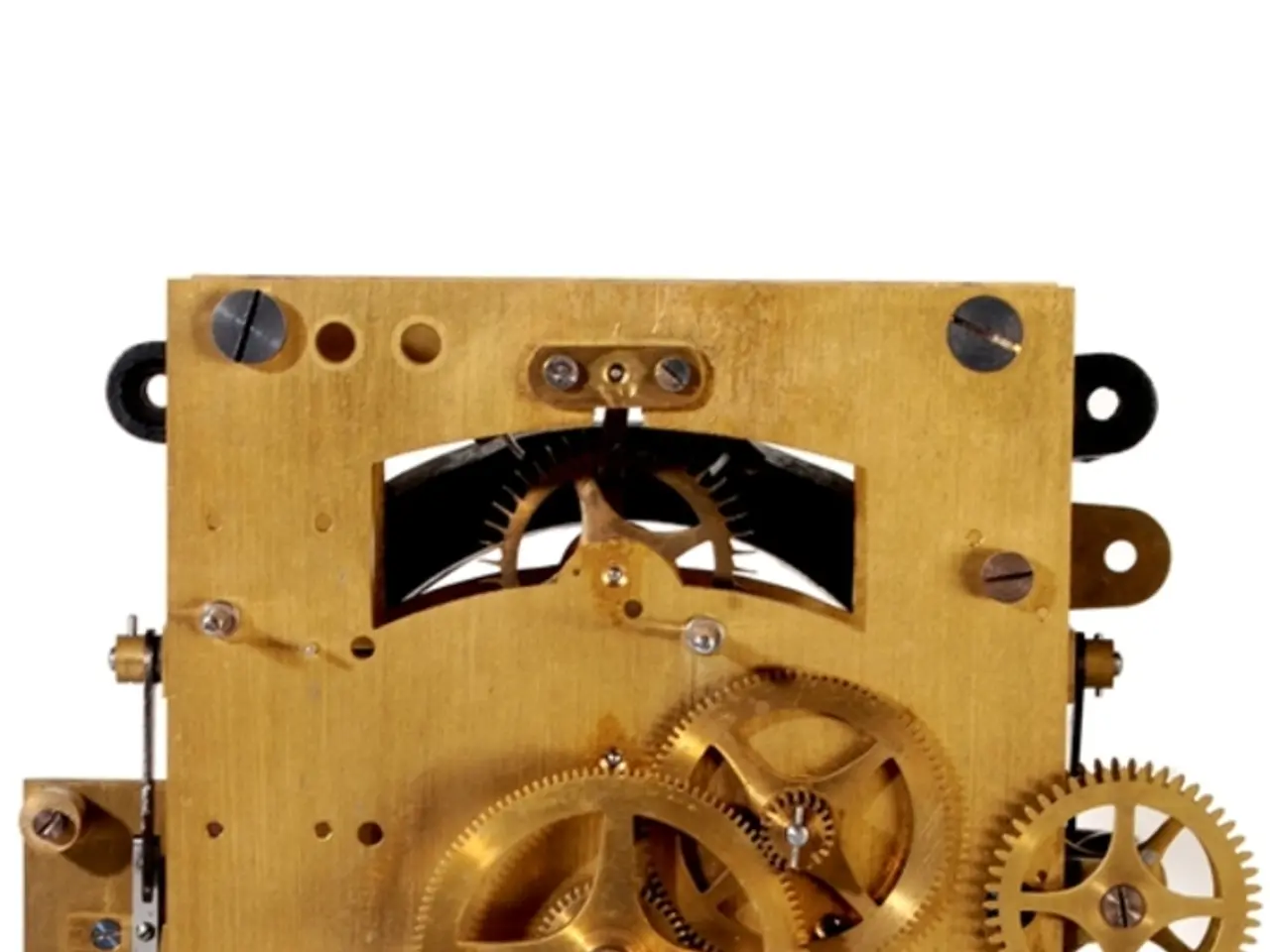Transform Your Automation and Engineering Potential through Machine Learning and Genetic AI
In a groundbreaking white paper, Brandon Stiffler, TwinCAT product manager for Beckhoff Automation, shares his perspective on how Artificial Intelligence (AI) and Machine Learning (ML) can revolutionise industrial automation and machine control.
According to Stiffler, AI and ML are not just passing trends, but breakthrough technologies that can significantly improve strategies in various industries. The white paper discusses how these technologies can contribute to manufacturing transformation.
The benefits of AI are far-reaching, as Stiffler explains. One key area is predictive maintenance, where AI/ML algorithms analyse sensor data to predict equipment failures before they occur, reducing unexpected downtime and costly repairs.
Moreover, process optimisation is enhanced through machine learning models that dynamically adjust machine parameters in real-time to optimise production quality and throughput, thereby boosting operational efficiency.
Energy efficiency is another area where AI-driven control strategies can make a difference. By managing energy consumption more effectively, these strategies can lower operational costs by minimising waste.
Quality assurance is also improved with AI systems, which can detect defects and anomalies during production early, reducing scrap rates and rework expenses.
Adaptive control is another advantage of ML, enabling systems to learn and adapt to changing conditions without manual intervention, thereby reducing the need for constant human tuning and speeding up commissioning.
The integration of AI/ML also facilitates advanced analytics that identify inefficiencies and guide continuous improvement efforts, driving cost reductions.
Overall, the paper highlights how embedding AI/ML within industrial control platforms like Beckhoff’s TwinCAT leads to smarter, more responsive automation systems that enhance productivity while lowering operational costs.
Stiffler's white paper also offers insights into how AI/ML can be implemented for cost savings and efficiency in manufacturing. It might provide suggestions on how these technologies can be used to formulate winning strategies in industrial settings.
In conclusion, AI can positively impact strategies and operations in industrial settings, making it a game changer on the factory floor. As Stiffler suggests, AI technology can help formulate winning strategies in industries, driving greater efficiencies and cost savings.
Industrial automation can be revolutionized further with the integration of technology like artificial-intelligence, as suggested by Brandon Stiffler. By implementing AI/ML, industries can formulate winning strategies, drive greater efficiencies, and achieve substantial cost savings.




